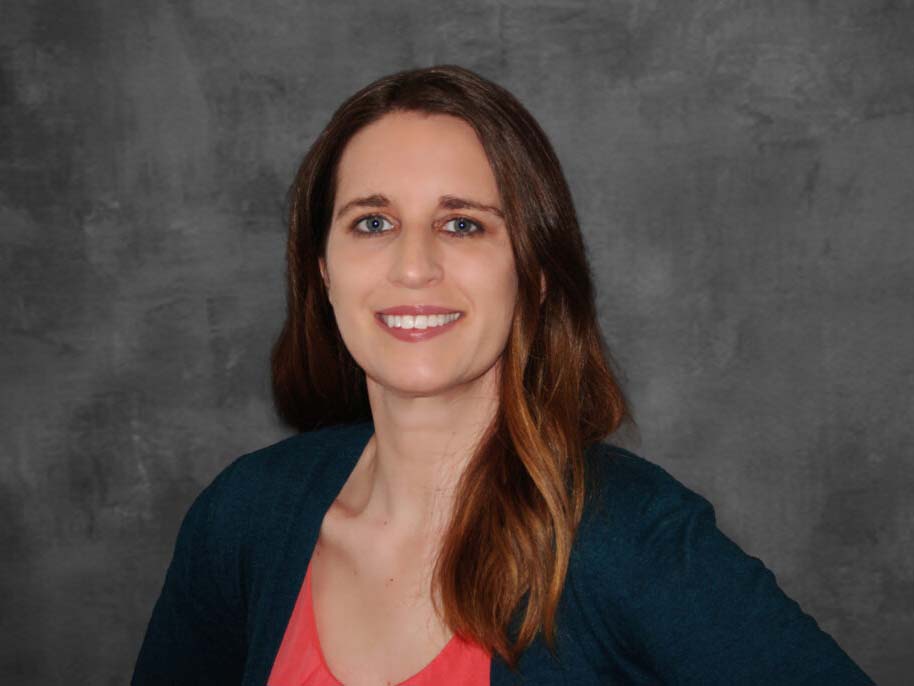Center for Integrative Life Sciences Education (CILSE) Ph.D. candidate Adele Balmer hasn’t let a pandemic get in the way of combining her passion of science and government. In 2021, she was selected as a 2021 Commonwealth of Virginia Engineering and Science (COVES) Policy Fellow with the Virginia Academy of Science, Engineering and Medicine (VASEM), and recently completed a 12-week program with the goal to strengthen the relationship between sciences and the state lawmakers in Virginia. She also found time to be a finalist in VCU’s Graduate School Three Minute Thesis (3MT ®) competition last month.
Balmer earned a BS in biology from the University of Nevada, Reno, but it wasn’t until she was a master’s student at Auburn University that she became interested in policy. Her involvement began with the National Association of Graduate and Professional Students (NAGPS), an organization that provides a platform for students to become advocates. During NAGPS Legislative Action Days, students travel to Washington D.C. to meet with congressional offices and committees. The experience provides valuable insight into how to communicate with policymakers and learn first-hand how policies are created at the national level.
A few years after joining NAGPS, Balmer began her doctorate in the Integrative Life Science doctoral program at VCU, which also supports a NAGPS chapter. Balmer is part of the Bulluck Avian Ecology Lab and the Johnson Population Ecology Lab, under advisors Drs. Lesley Bulluck from the Center for Environmental Studies and Derek Johnson from the Biology Department in VCU’s College of Humanities and Sciences. Her research investigates factors that affect the population demography of the Prothonotary Warblers with a focus on how anthropogenic climate change may affect future populations of migratory songbirds.
Earlier this year, Balmer became a COVES fellow and started her work with the Virginia General Assembly. Balmer says her goal was two-fold – to learn how to communicate complicated science topics to policymakers, and provide information and data to those who make policy decisions. “There are very few scientists who are also in politics,” she continues. “Policymakers depend on experts to help them make informed decisions. Effectively communicating with people who have the power to act on our work will allow our research to make a greater impact.”
Her 12-weeks began with a one-week policy boot camp to learn about how policy legislation is created in Virginia. Balmer then worked closely with the Virginia Senate Finance and Appropriations Committee staff. While working with the Health Subcommittee, she gained access to information on Medicare spending within the Commonwealth. She focused on how to improve the health of the residents who are on Medicaid by creating a mathematical model using 30 different factors to examine how they influence Medicaid expenditure. Distance from homes to parks and access to exercise, teen pregnancy rates, smoking, and alcohol use were included as factors, and the data presented gives policymakers the ability to make decisions to improve the health of the community and lower Medicaid costs.
When her educational journey ends at VCU, Balmer wants to continue to work on merging science and policy. “My goal after graduation is to eventually work on international climate change policy for the Department of State Office of Global Change,” says Balmer.
